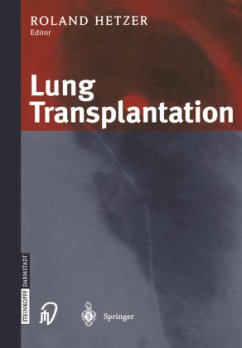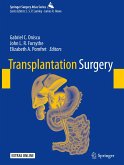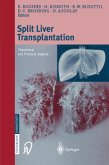Clinical lung transplantation has seen an early start within the history of solid organ trans plantation, marked by the 1963 first lung transplant by James D. Hardy. This was prompted by the seemingly easy way of joining the transplanted organ to the recipient by me ans of a few well-defined anastomoses, i.e. bronchus, pulmonary artery and pulmonary vein carry ing left atrial cuff. The following decade thus witnessed a number of such mostly unilateral lung transplants in several centres, in Germany represented by the two only lung transplants performed by E. S. Bücherl, then at the Neukölln City Hospital in Berlin in 1969. As with most other such attempts these two patients suffered early and lethai graft failure. There was only one single lung transplant patient who lived up to ten months after the transplant at Gent, Belgium, having been operated on by Derom in 1969. The alm ost universal failure during this initial phase was attributed to bronchial anasto motic insufficiency, pulmonary infection of either the transplanted lung or the left-in-place contralateral lung and a far-reaching lack of knowledge how to cope with transplant rejec tion. In the early 1970s it had become gene rally accepted that lung transplantation could not be performed successfully.
Bitte wählen Sie Ihr Anliegen aus.
Rechnungen
Retourenschein anfordern
Bestellstatus
Storno









